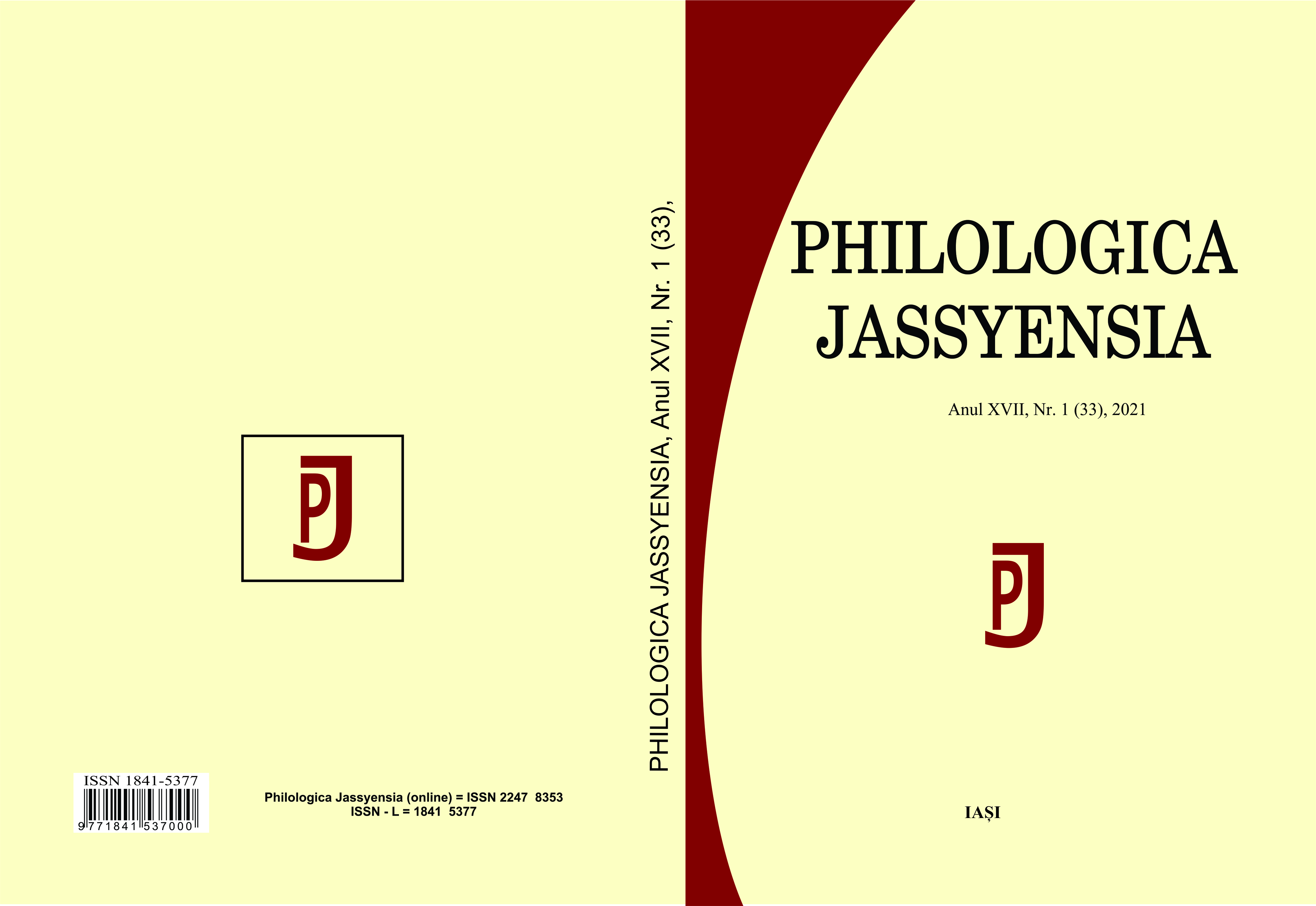„Dorul imitației”: le traduzioni di Heliade Rădulescu e la creazione della lirica romena moderna
„The Longing for Imitation”: the Translations of Heliade Rădulescu and the Formation of Modern Romanian Lyric Poetry
Author(s): Dan Octavian CepragaSubject(s): Translation Studies
Published by: Editura Tracus Arte
Keywords: translation; history of Romanian language; Romanian poetry; Heliade Rădulescu;
Summary/Abstract: Starting from Heliade Rădulescu, the article tries to demonstrate the importance of translations in the process of formation and fulfillment of the modern Romanian poetic language, especially regarding the development and refinement of formal instruments specific to lyrical poetry: lexicon, stylistic figures, metrics, verse construction. Compared to the situation of Western literatures, the language of modern Romanian poetry is developing with surprising speed. From the first experiments, still uncertain and hesitant, from the first decades of the 19th century, it reaches, at the end of the century, the perfection and fulfillment of Eminescu's verse. What was the role of translations along this process? What lesson did the young Romanian poetic language learn from the practice of translation? The article tries to answer these questions by analyzing the poetic debut of Heliade Rădulescu in 1830, a volume of translations from Alphonse de Lamartine, one of the outstanding figures of the new European romantic lyricism. For the originality of the stylistic solutions and the novelty of the poetic language, the book is a fundamental landmark for the beginning of modern Romanian poetry. Regarding the stylistic and lexical aspect, the translations were a major laboratory, they offered a space in which the language of modern Romanian poetry tested its means and qualities, practiced its creativity and freed itself from its inferiority complex, experimenting with new dimensions and stylistic levels. The translation of the great classics of European literature was also an opportunity to recover that essential process of confrontation and mutual knowledge which the Western literatures had begun three centuries earlier. As Heliade argued in his 1837 pamphlet Asupra traducției lui Omer, translations paved the way and prepared the ground for the original works. In fact, the most important writers of the first half of the 19th century, from Ion Heliade Rădulescu to Gheorghe Asachi and C. Negruzzi, were also great translators, for whom translations were the indispensable premises of the original writings. For all, the act of translation was determined by two motivations: on the one hand, the „philological fever”, i.e., the creation of a literary language, the desire to complete its shortcomings, on the other, the „patriotic task”, the idea of contributing through language and literature to the building of a modern nation.
Journal: Philologica Jassyensia
- Issue Year: XVII/2021
- Issue No: 1 (33)
- Page Range: 153-164
- Page Count: 12
- Language: Italian

